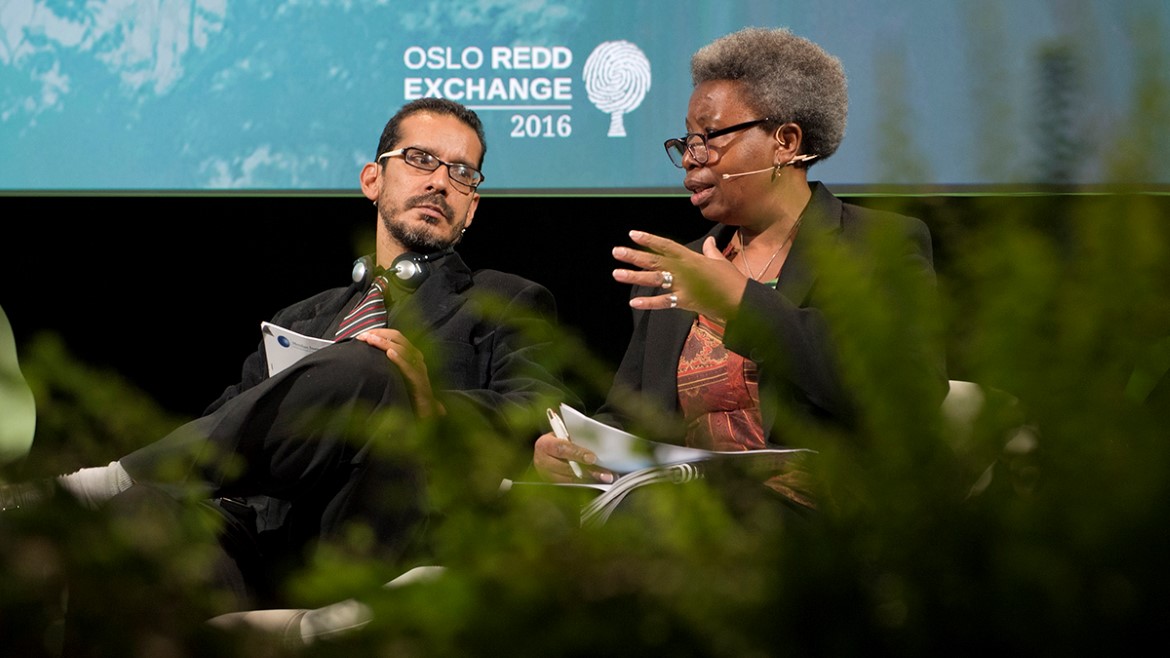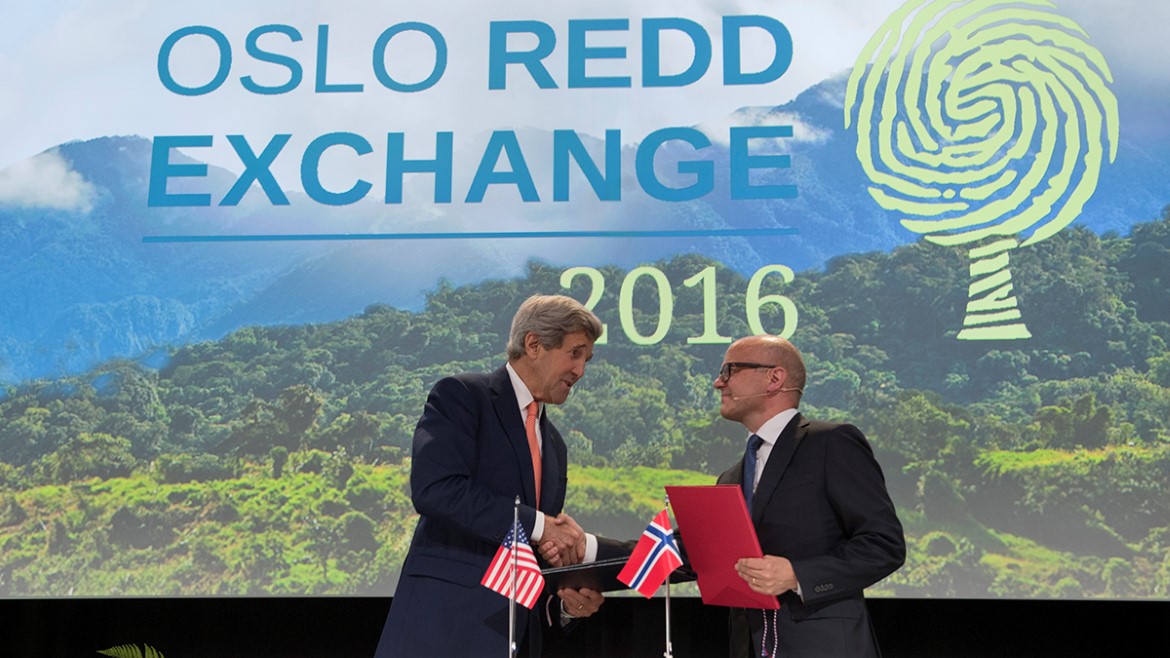
Oslo Redd Exchange was arranged 14.-15. June 2016.
Photo: Ken Opprann
View the Oslo REDD Exchange
Oslo Redd Exchange 2016 is over for now. You can revisit all the plenary and parallel sessions from the conference here.
All the plenary and parallel sessions from the Oslo Redd Exchange will be presented below. Their are placed in the same
Opening by Prime Minister of Norway, Erna Solberg
Ms. Erna Solberg welcomed the 500 participants of Oslo REDD Exchange. In her welcoming remarks, Ms. Solberg said that ending deforestation is only possible if governments are involved, before announcing that Norway will ratify the Paris Agreement now.
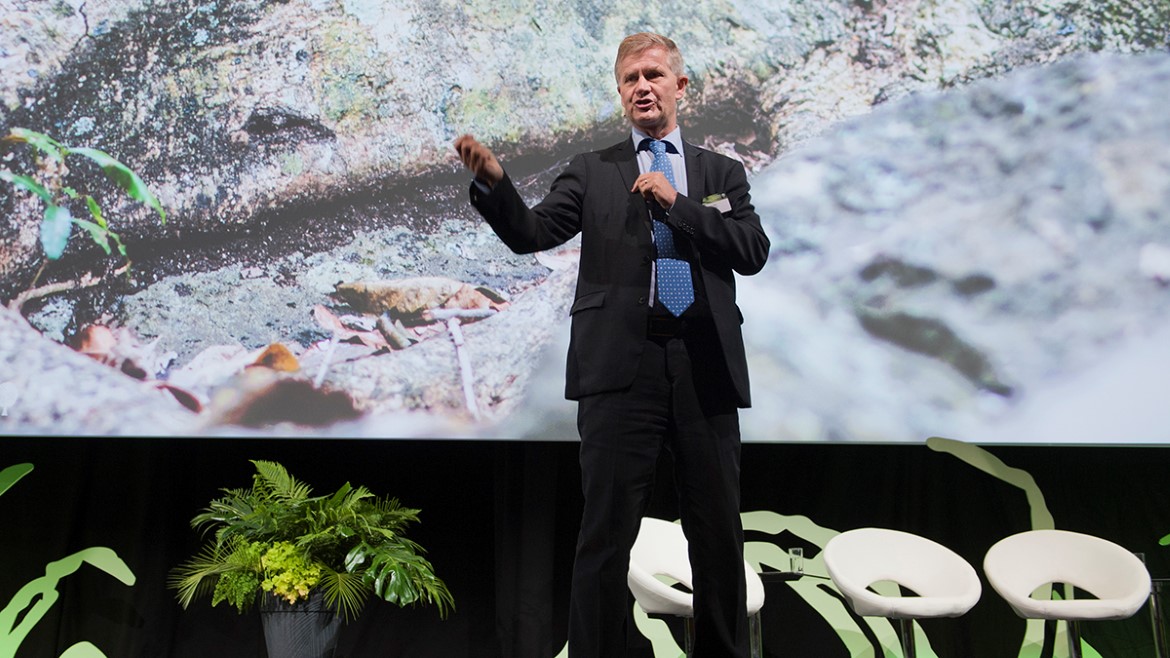
Mr. Erik Solheim, Chair of OECD Development Assistance Commitee
If we want to defeat climate change, we cannot avoid to attack tropical deforestation, Mr. Erik Solheim told the Oslo Redd Exchange 2016 in Oslo. Mr. Solheim is currently Chair of OECD Development Assistance Commitee, and the next Executive Director of UNEP, the United Nations Environment Programme (UNEP).
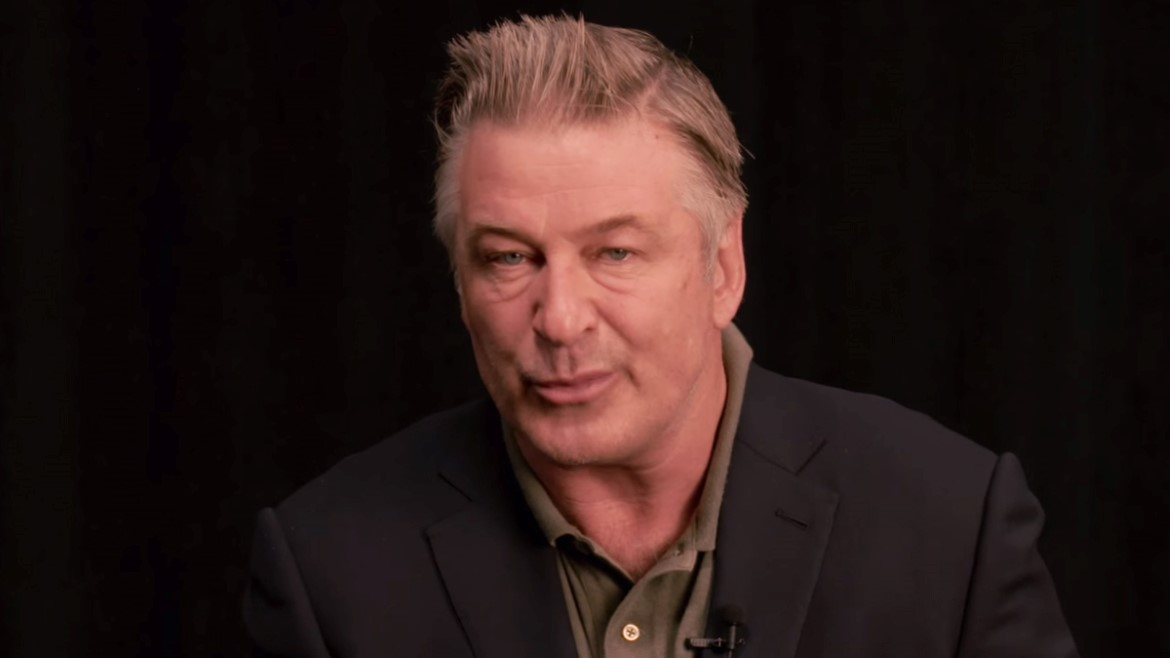
Alec Baldwin with a message to Oslo REDD Exchange participants
"The world needs to be reminded that forests are the only safe, natural proven technology that exists for carbon capture and storage. When we lose our forests we foreclose on the best climate solution we have", actor and activist Alec Baldwin says in his message to the Oslo Redd Exchange 2016.
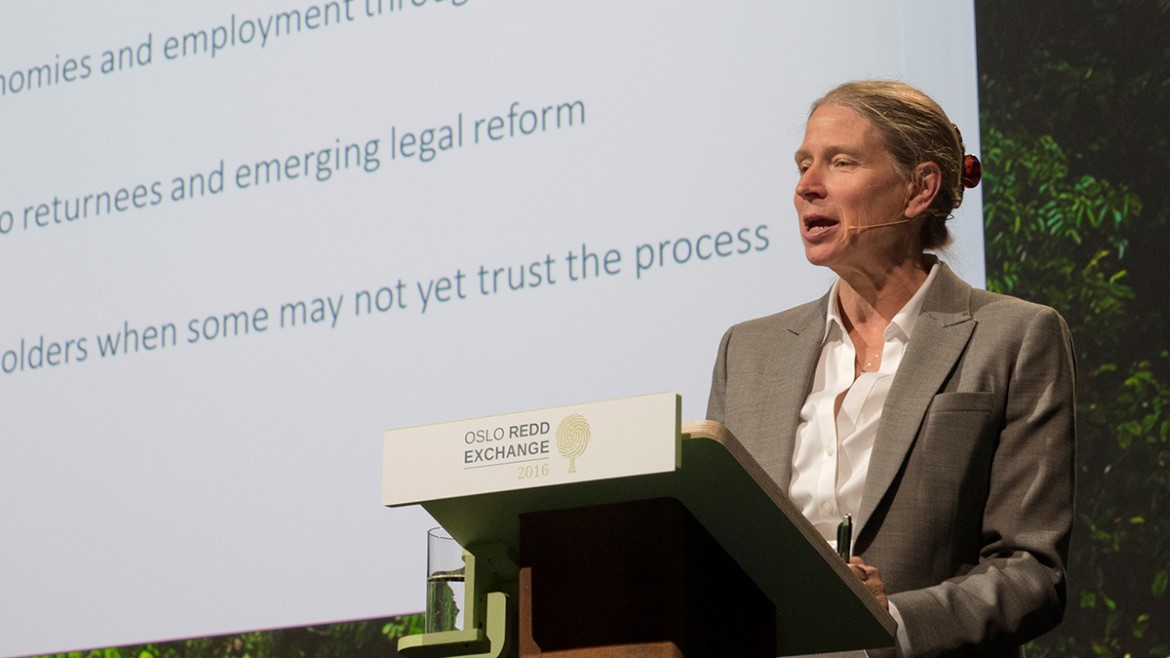
Frances Seymour facilitates the first round of voting
Frances Seymour, the Chair of the Oslo REDD Exchange Program Committee and a Senior Fellow at the Center for Global Development in Washington, DC, facilitated the first round of voting with the Oslo Redd Exchange 2016 participants.
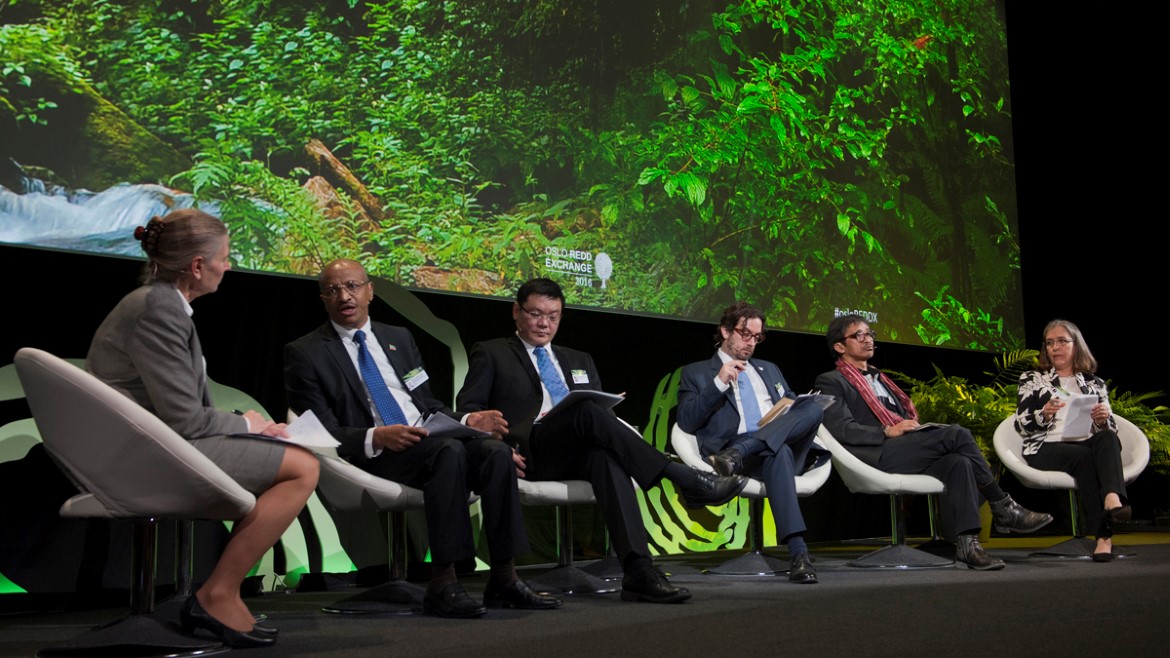
Plenary 1 – REDD+ Post-Paris: National implementation
How can countries implement REDD+ at national and subnational levels in light of the agreement reached in Paris at COP21? Since REDD+ officially entered climate negotiations under the UNFCCC in 2007, more than 50 countries have initiated national REDD+ programs.
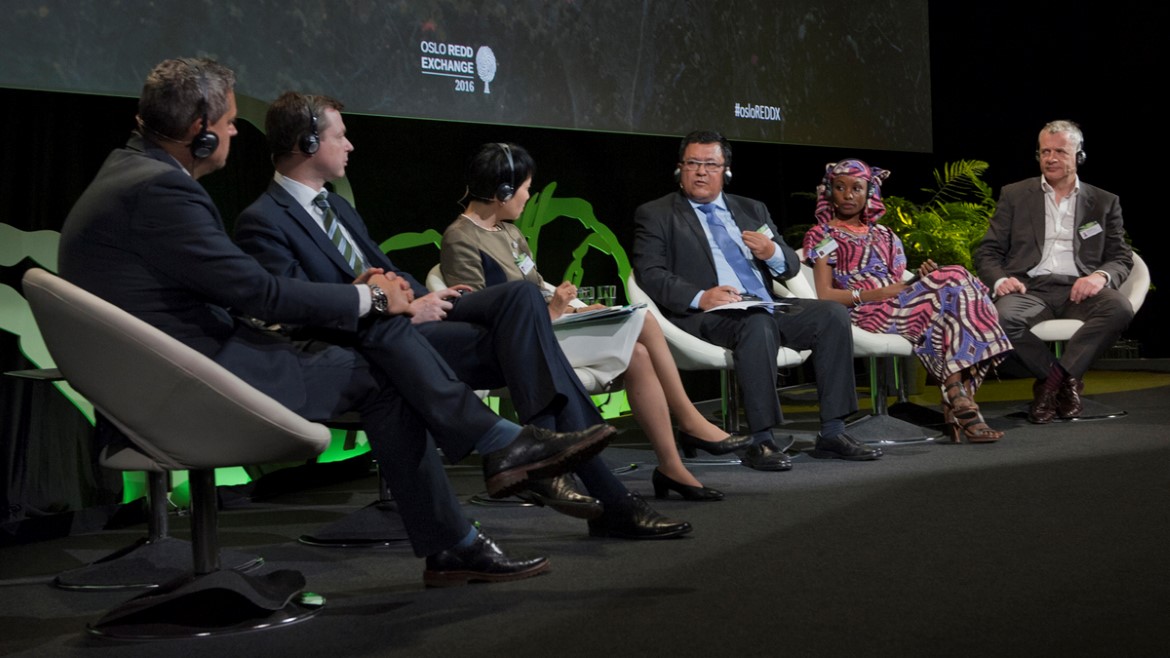
Plenary 2 – REDD+ Post-Paris: International partnerships and alliances
Gathering ministerial-level officials and other high-level speakers from donor countries to discuss how international alliances and partnerships can support national implementation of REDD+ in forest-rich countries.
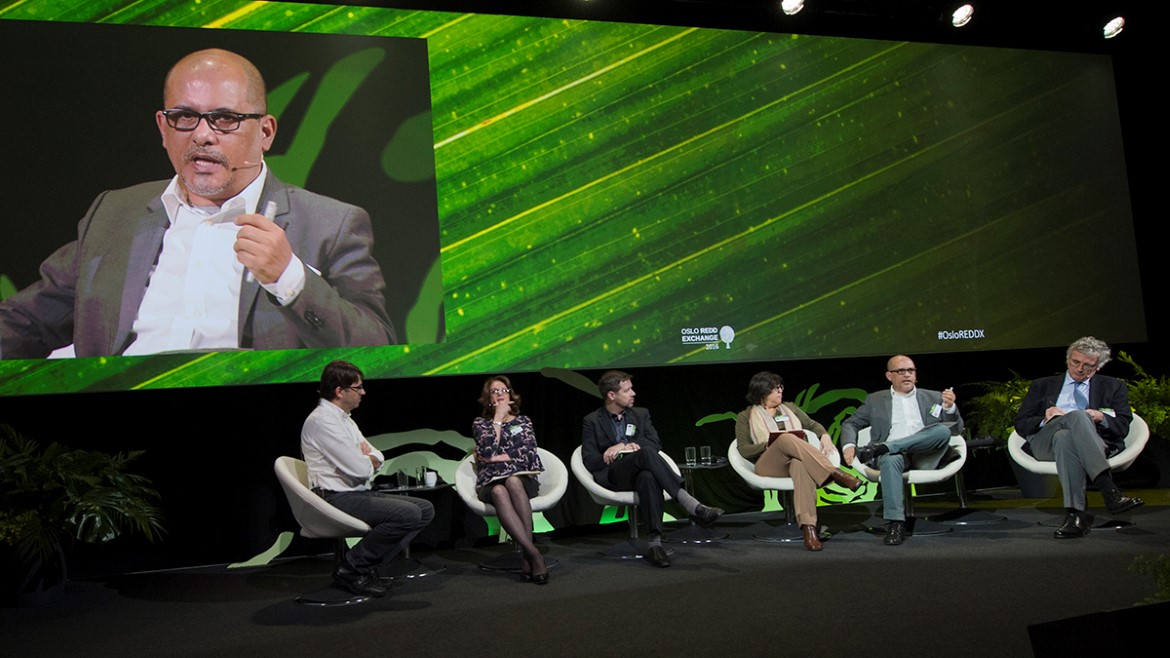
Parallel 1A – Brazil: Can REDD+ contribute to sustaining the miracle into a second decade?
Over the course of the last decade, Brazil has succeeded in reducing the rate of deforestation in the Amazon by some 80 percent. But will this trend carry on through the next ten years? Or will current political and economic challenges undermine the process?
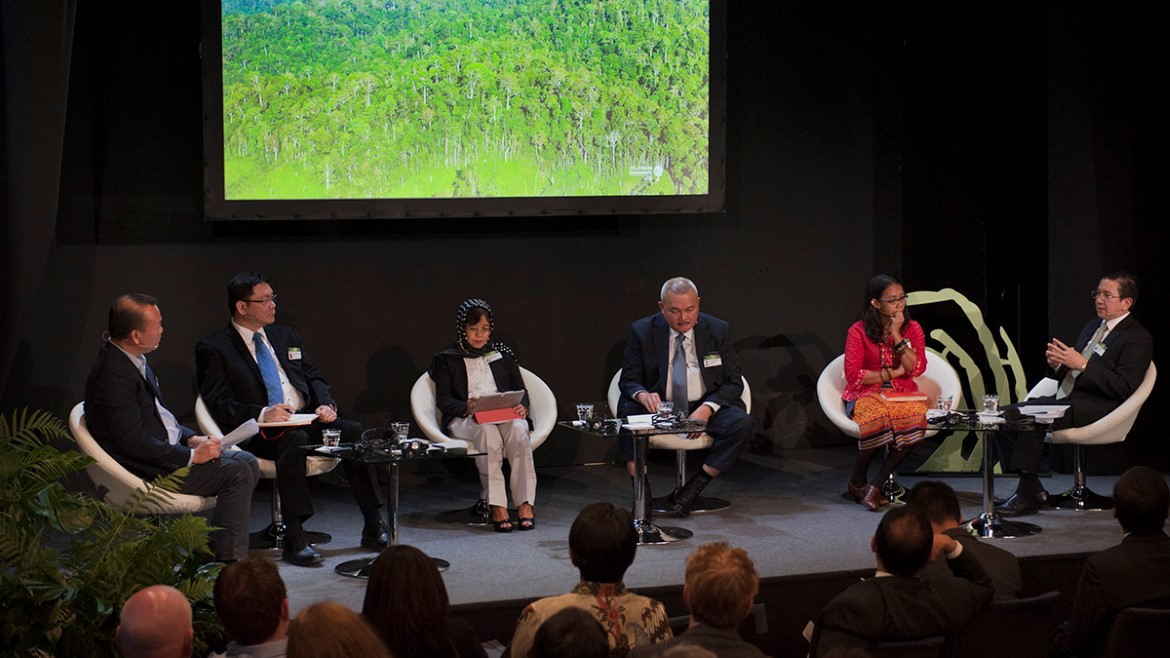
Parallel 1B – Indonesia: Can business-as-usual deforestation be confronted and reversed?
Indonesia was the first country in the world stepping forward to announce voluntary emission reduction targets in 2009. So far, the forces of business-as-usual have resisted change, as evidenced by the catastrophic fires that burned more than 2 million hectares in late 2015.
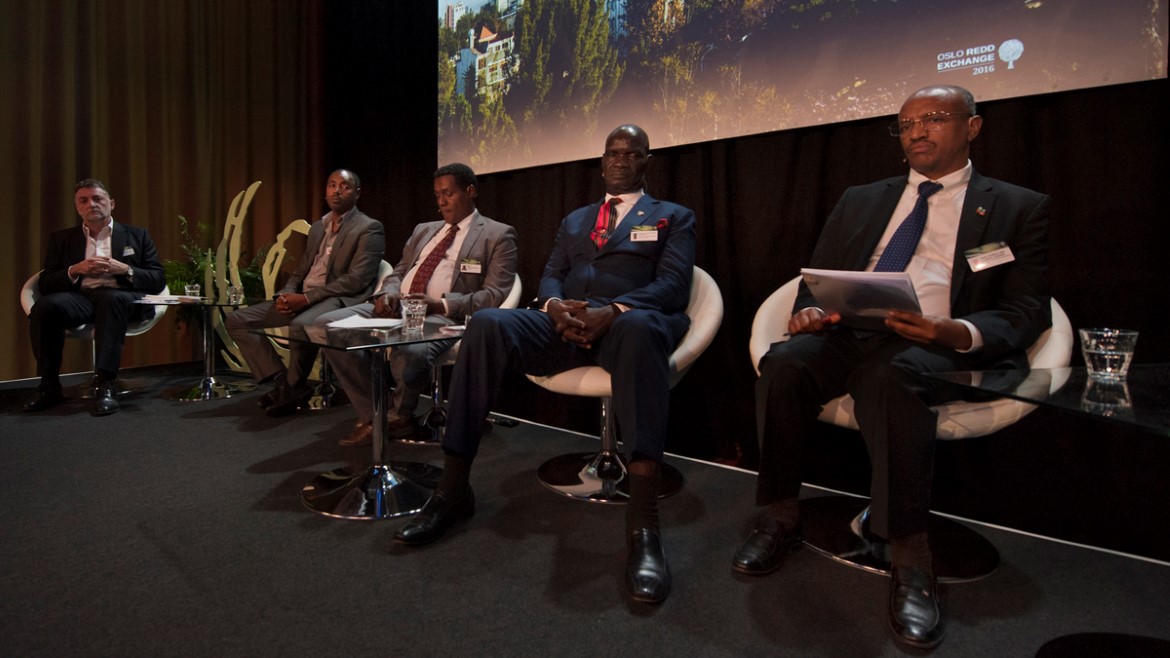
Parallel 1C – REDD+ in the Green Economy
Can REDD+ and forests be integrated in green economy development? View lessons learned from Ethiopia and Liberia.
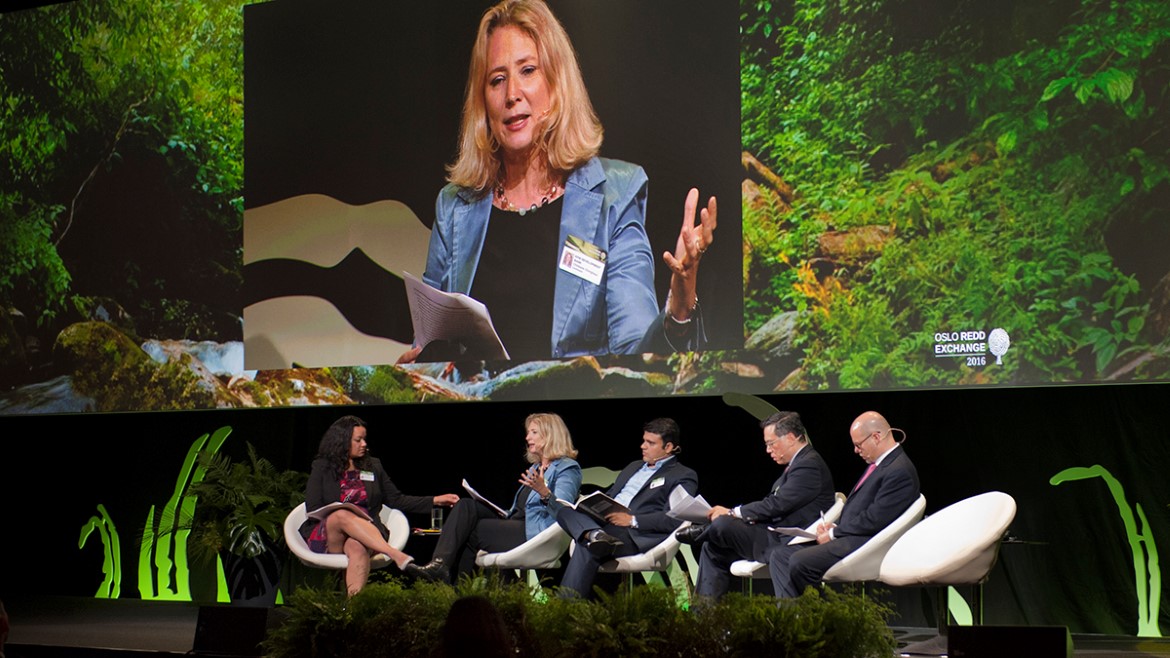
Parallel 2A: Domestic and international options for results-based finance: Reasons for optimism?
With the conclusion of a global agreement in Paris endorsing REDD+, how is the landscape of REDD+ finance changing?
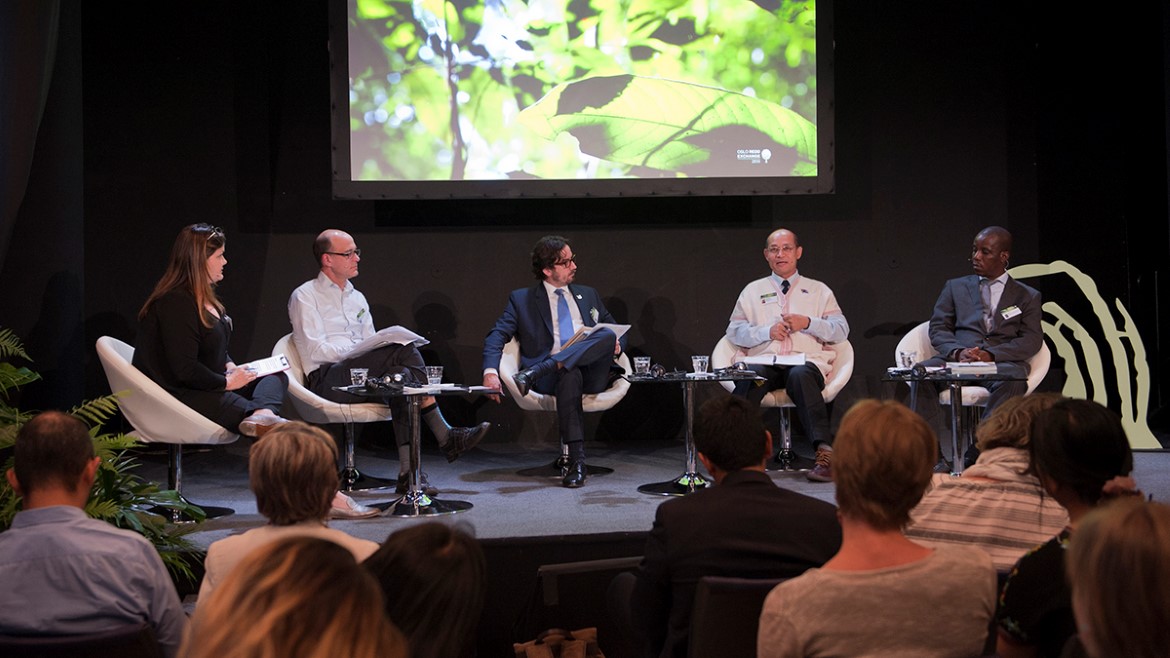
Parallel 2B – REDD+ and Peace Processes: How can they be mutually supportive?
Revenues from timber and other natural resources often play an important role in conflicts. How can we better understand post-conflict dynamics? And what are the connections between conflict and natural resources?
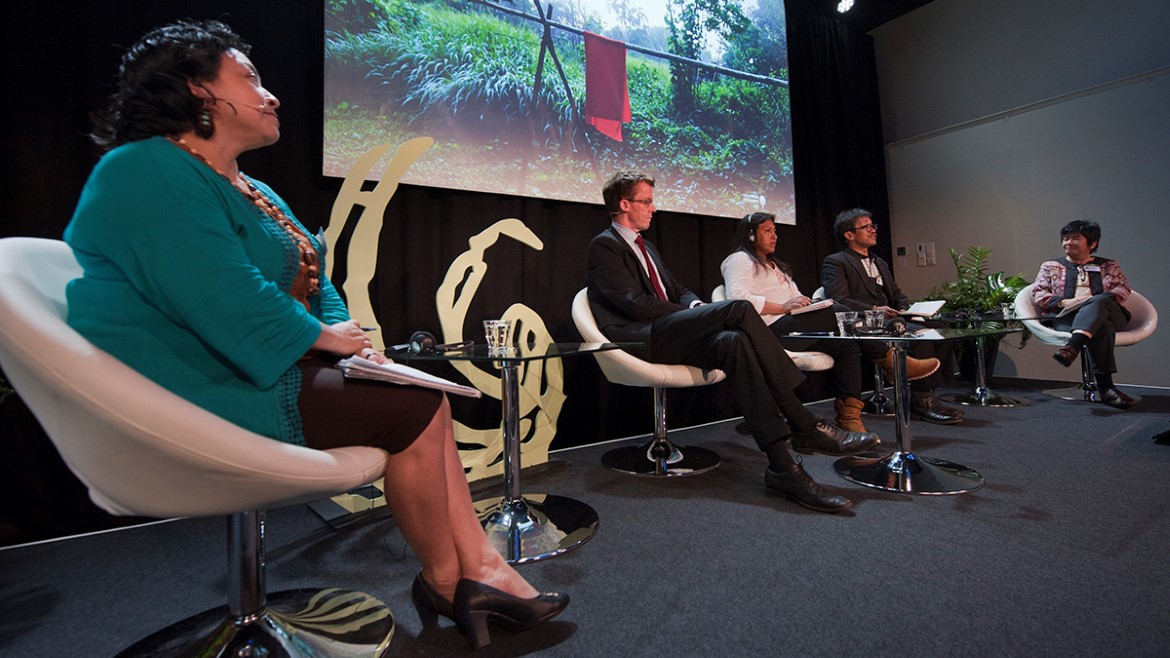
Parallel 2C – Advancing Indigenous Peoples Rights through REDD
Most of the world’s last remaining forests areas are indigenous territories. A large per cent of the above ground carbon are stored in all the world’s tropical forests.
Nearly half of the forest carbon managed by indigenous peoples and local communities in these regions is located in territories lacking official recognition.
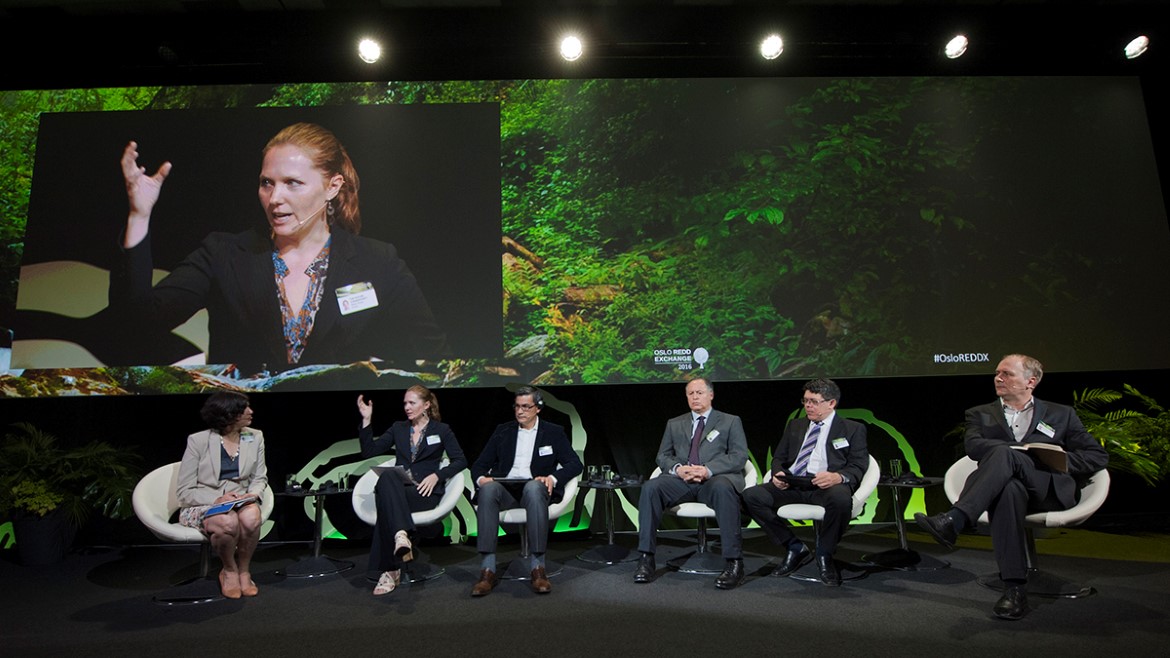
Parallel 3A – REDD+ in the Mayan region of Mexico: Can subnational programs be effectively linked with national results?
There remains the need to integrate REDD+ into national frameworks and establish the institutional mechanisms to vertically align policies, finance and monitoring. The states of the Yucatan Peninsula in Mexico have developed a regional partnership to reduce the cost of managing REDD+ processes. They have updated and aligned policies and legal framework in each state. Questions remain on the uncertainty of the source of finance, and how jurisdictional performance will be evaluated and recognized.
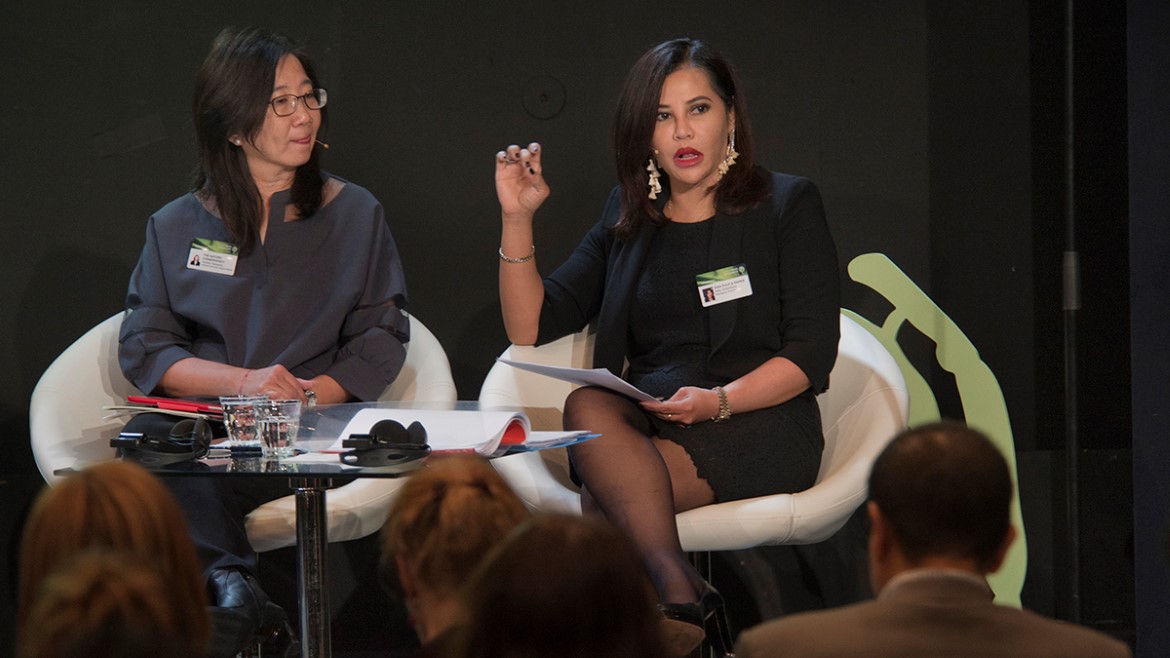
Parallel 3B – Kalimantan, Indonesia: What are the prospects for transformational change in land-use?
Some 50 % of the East Kalimantan province in the Indonesian Borneo is still covered by forests. 75 % of its economy is land-use intensive: agriculture, palm oil, logging, coal, oil and gas. How can REDD+ contribute to transforming a high-deforestation, high land-use intensive economy into a prosperous, sustainable, low-deforestation economy?
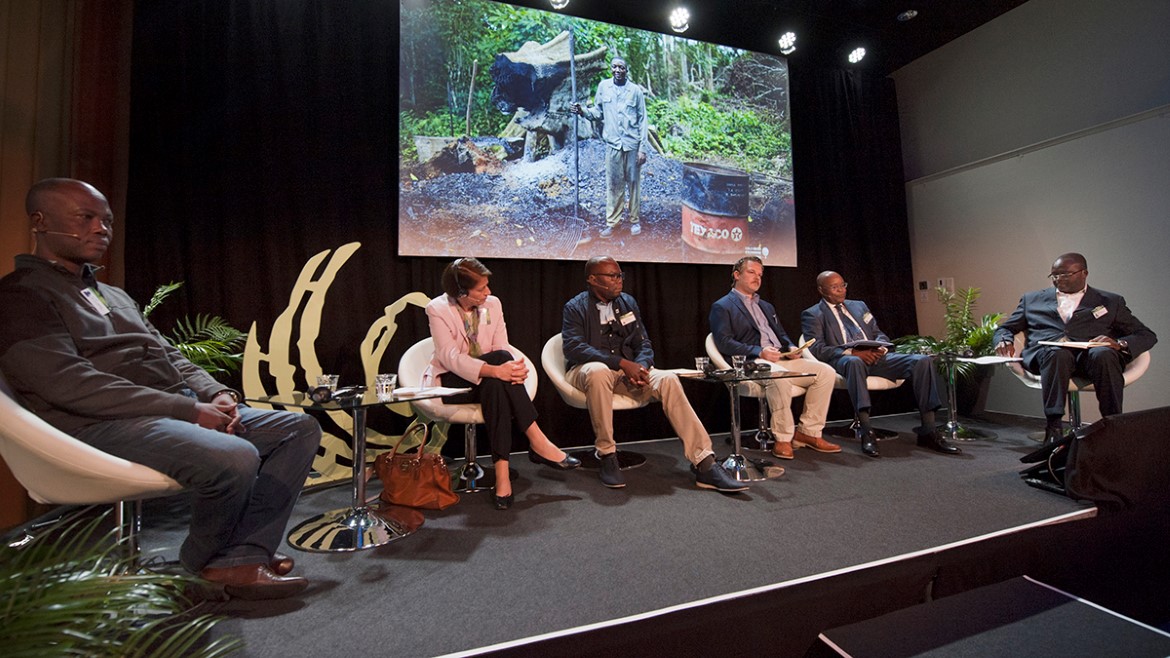
Parallel 3C: Mai Ndombe, DRC: Progressing toward payment for performance
Exploring progress towards emission reduction programmes in Africa using Mai Ndombe in DRC as an example.
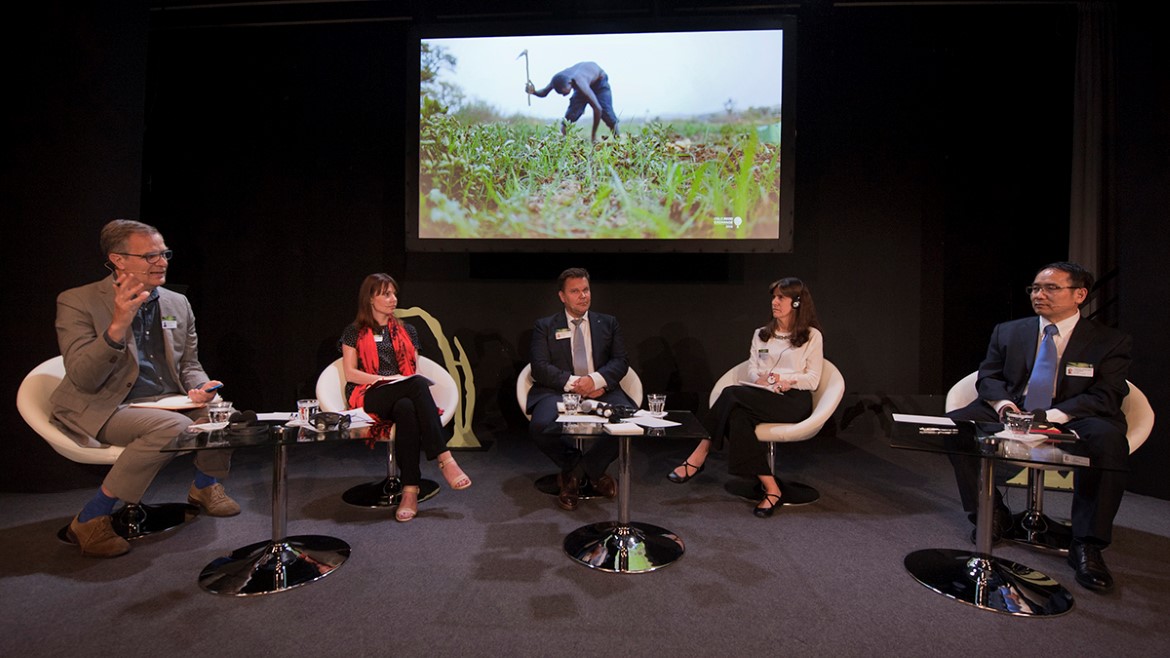
Parallel 4B: Jurisdictional implementation of supply chain commitments
80% of tropical deforestation is caused by agriculture, and commodities production is a major driver. The suppliers of beef, palm oil, soy, sugar, cacao, coffee and timber to the world are articulated in complex but recognizable economical chains.
How can we best make jurisdictional implementations of commitments between global an local companies, governments and civil society?
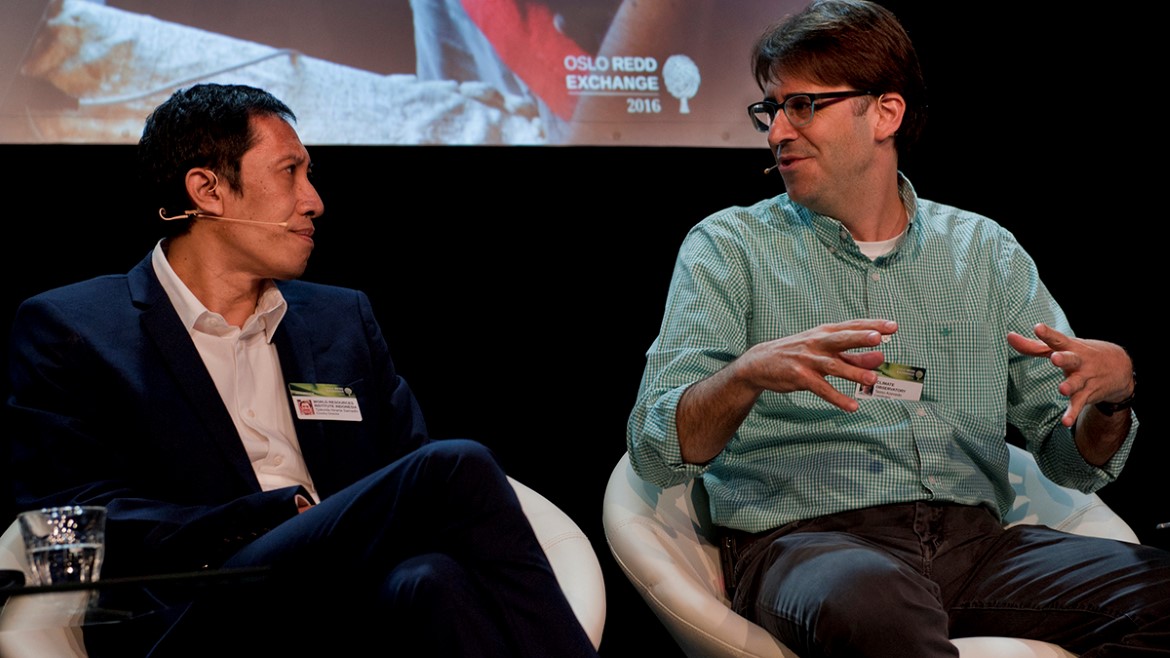
Parallel 4C: Practical Tools for Monitoring and Implementation
Exploring the challenges and limitations of technology to improve land-use planning, implement REDD+ schemes, protect rights of local communities, monitor illegal logging, and link with other applications. Speakers represent a diversity of geographies, project scales, and tools.
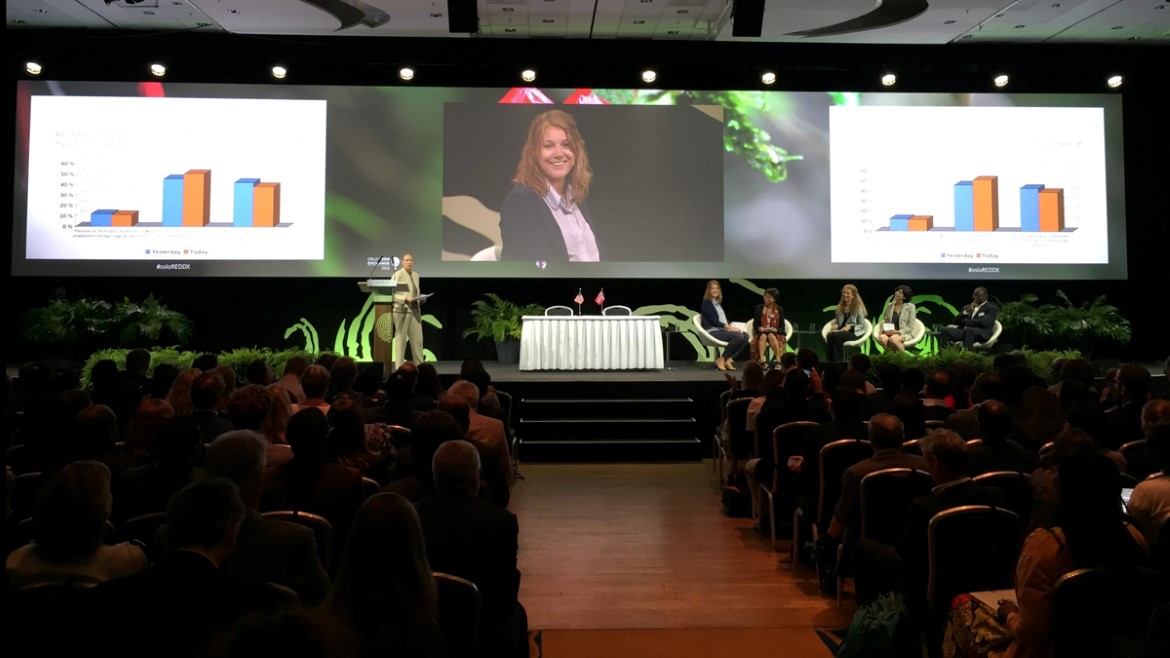
Frances Seymour facilitates the second round of voting
Conference participants have participated in voting exercises to identify the most promising ways forward.
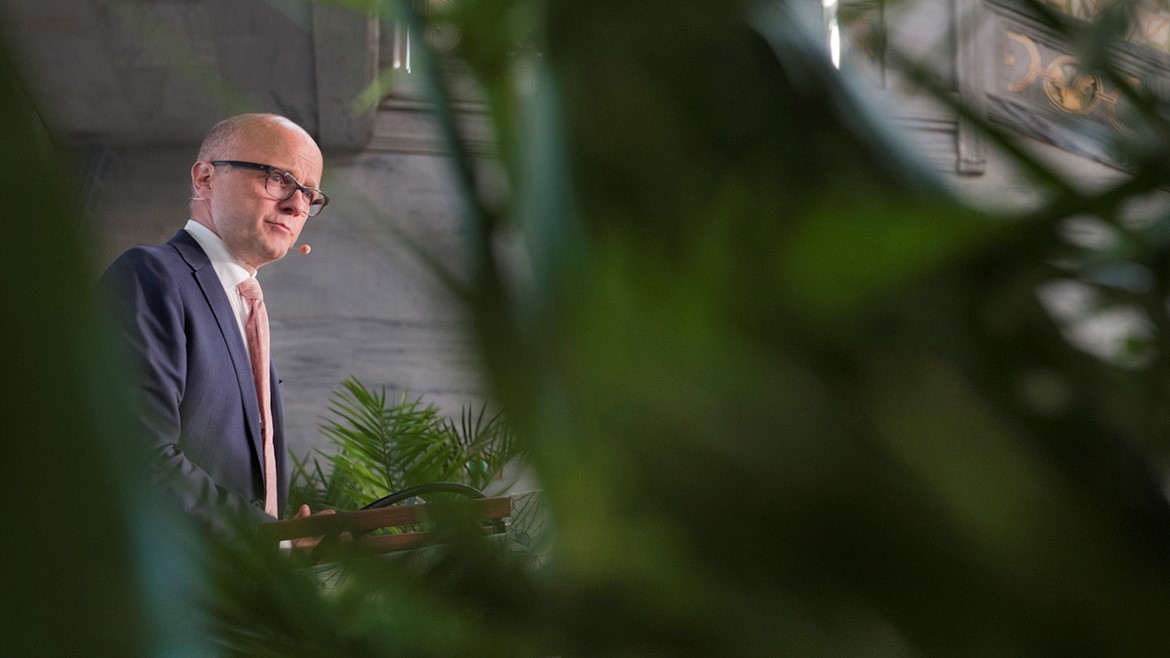
Vidar Helgesen's speech before Kerry
To realize the historic potential of the Paris Agreement all nations must do more at home and abroad. Norway's most important contribution will remain our action on tropical forest, the Norway's International Climate and Forest Initiative, says Vidar Helgesen, Minister of Climate and Environment, Norway.
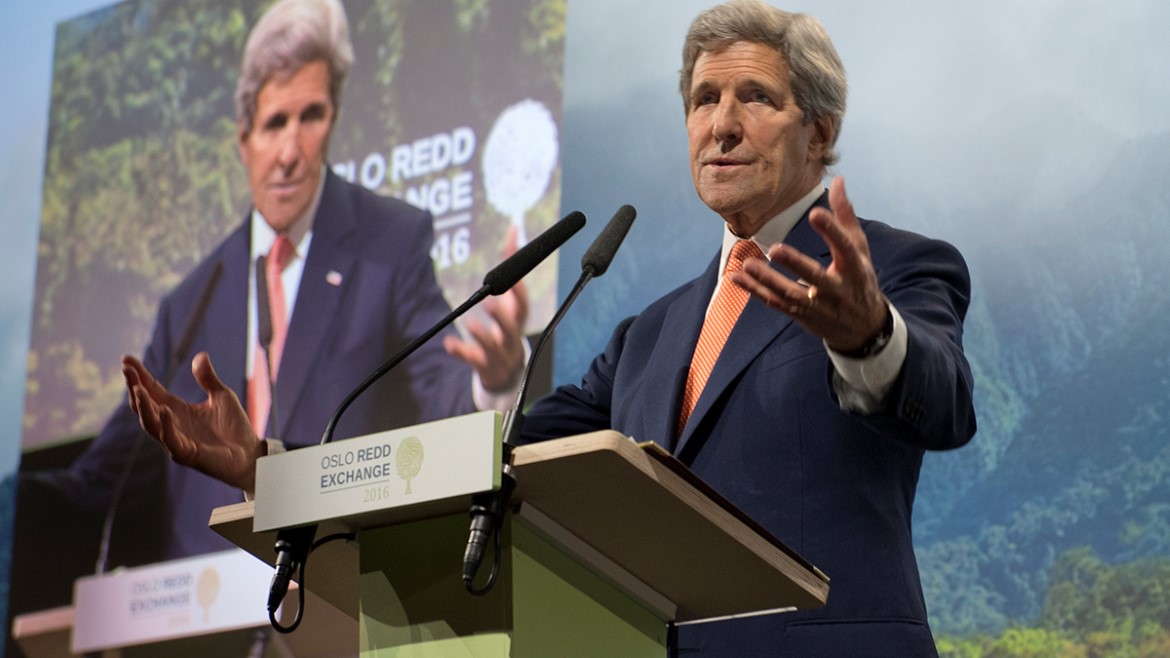
U.S. Secretary of State, John Kerry
U.S. Secretary of State, John Kerry, addressed Oslo Redd Exchange 2016 in Oslo. He said that the threat of climate change is without question one of the defining challenges of our generation.
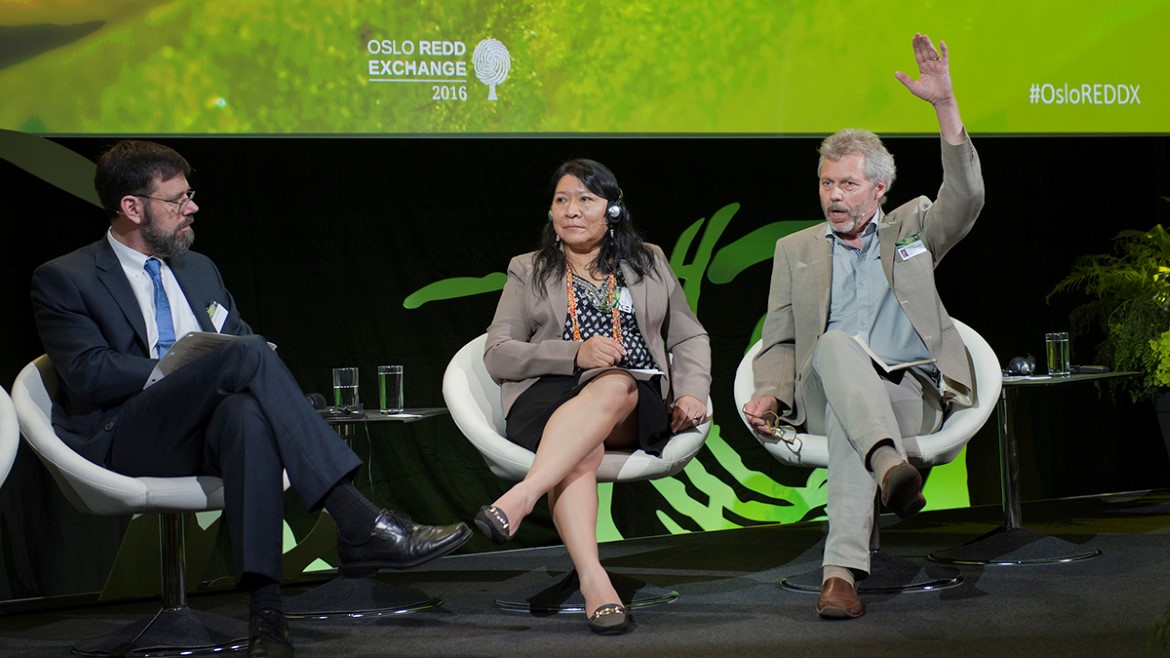
Plenary 3 – The way forward
Over the course of the course of the two-day conference, participants have taken part in discussions related to REDD+ implementation in selected countries and sub-national jurisdictions, as well as cross-cutting themes related to financing options, corporate supply chain commitments, indigenous peoples, monitoring technologies, and many other topics.
Published 12.06.2016
Last updated 16.06.2016

